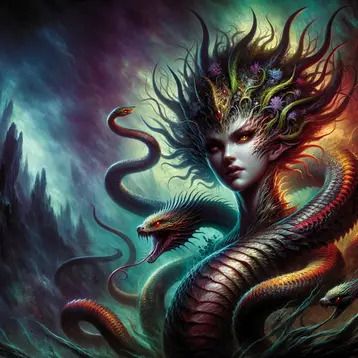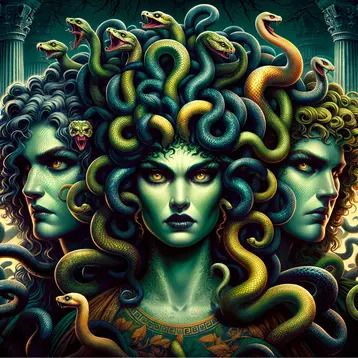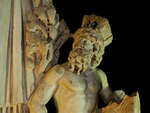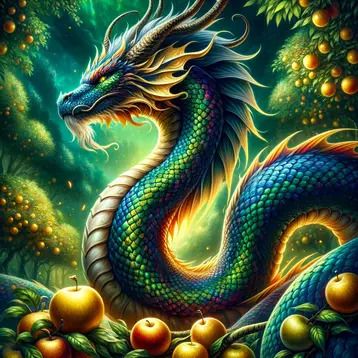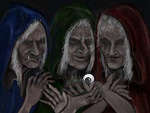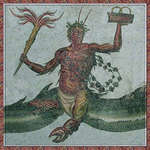
Phorcys
Phorcys was a primordial god in Greek mythology, son of the Titans Pontus and Gaea. He was the husband of Ceto, with whom he had a number of children collectively known as the Phorcydes. Their children included the Graeae, the Gorgons, Echidna, and Ladon (although the latter is sometimes considered the child of Echidna and Typhoeus).
See Also: Pontus, Gaea, Ceto, Graeae, Gorgons, Echidna, Ladon
Phorcys Q&A
Link/Cite Phorcys Page
Written by: The Editors of GreekMythology.com. GreekMythology.com editors write, review and revise subject areas in which they have extensive knowledge based on their working experience or advanced studies.
For MLA style citation use: GreekMythology.com, The Editors of Website. "Phorcys". GreekMythology.com Website, 04 Jul. 2015, https://www.greekmythology.com/Other_Gods/Primordial/Phorcys/phorcys.html. Accessed 26 April 2024.


